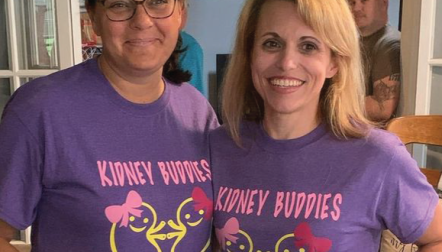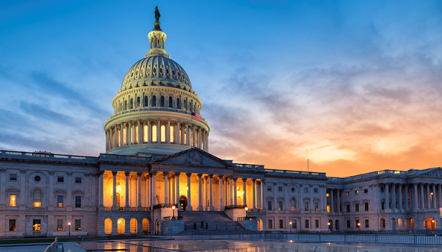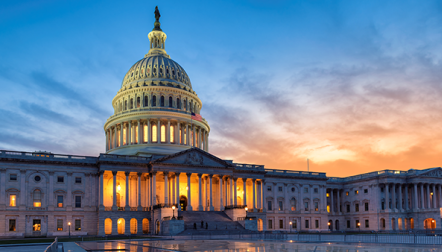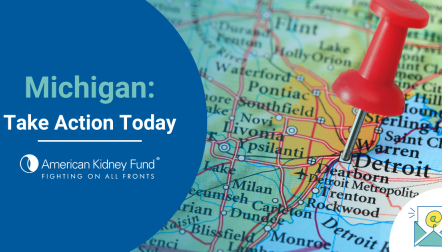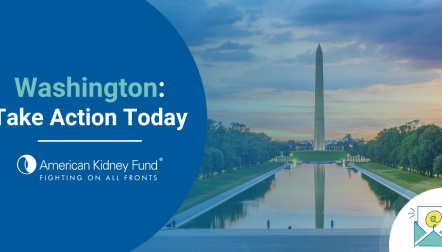As we approach the end of the Congressional session, we have a critical opportunity to make a significant impact on kidney health. Congress is expected to adjourn on December 20, 2024, and there will be a substantial legislative package that includes bills that have yet to be enacted. This is our moment to advocate for the inclusion of essential kidney legislation in this package.
We urge you to join the American Kidney Fund and the Kidney Caucus in pushing for the following bills to be included:
The Living Donor Protection Act (H.R. 2923/S. 1384): The legislation would ensure that living donors have access to life, disability, and long-term care insurance and codify a 2018 Department of Labor opinion letter that says donors have protections under the Family Medical Leave Act (FMLA).
The Kidney PATIENT Act (H.R. 5074/S. 4510): The bill would allow dialysis patients to receive their oral-only through their local pharmacy for another two years. If this bill is not enacted, AKF has serious concerns that patients will not be able to access their drug of choice. The bill will give dialysis centers another two years to set up a way to provide these drugs.
The Restore Protections for Dialysis Patients Act (H.R. 6860/S. 5018): The Medicare Secondary Payer law states that dialysis patients can stay on their employer sponsored insurance for 30 months before moving to Medicare as their primary insurance. Dialysis patients who are still working usually need those 30 months because their plan provides health insurance for the whole family. H.R. 6860/S. 5018 would ensure that dialysis patients who want to stay on their employer sponsored insurance for that whole 30 months before moving to Medicare as their primary insurance can.
Honor Our Living Donors Act (H.R. 6020): The federal government has a program that reimburses living donors for lost wages, dependent care, travel, and incidental expenses during the donation process. AKF believes it will result in more kidney donations in under-represented groups.


